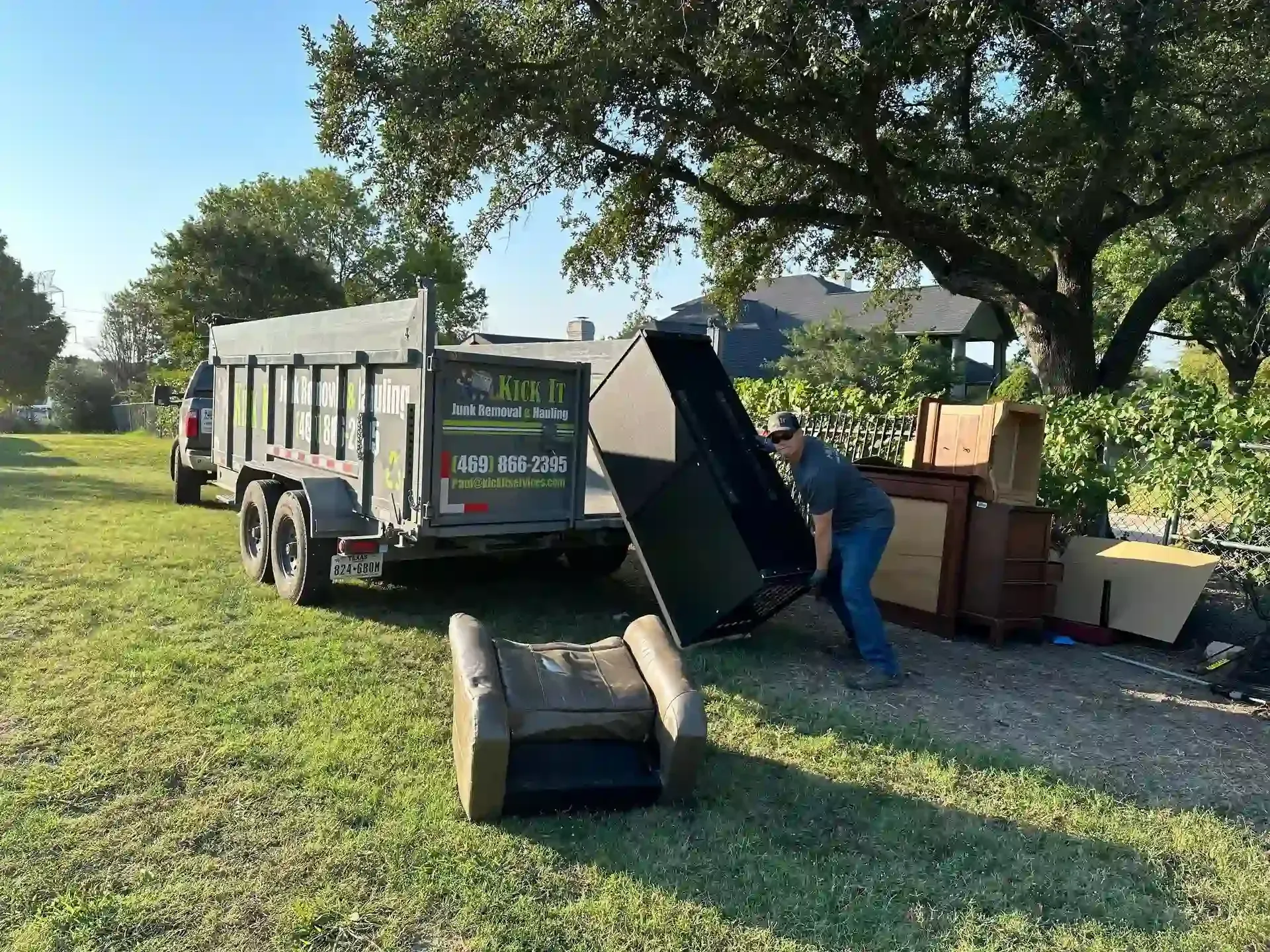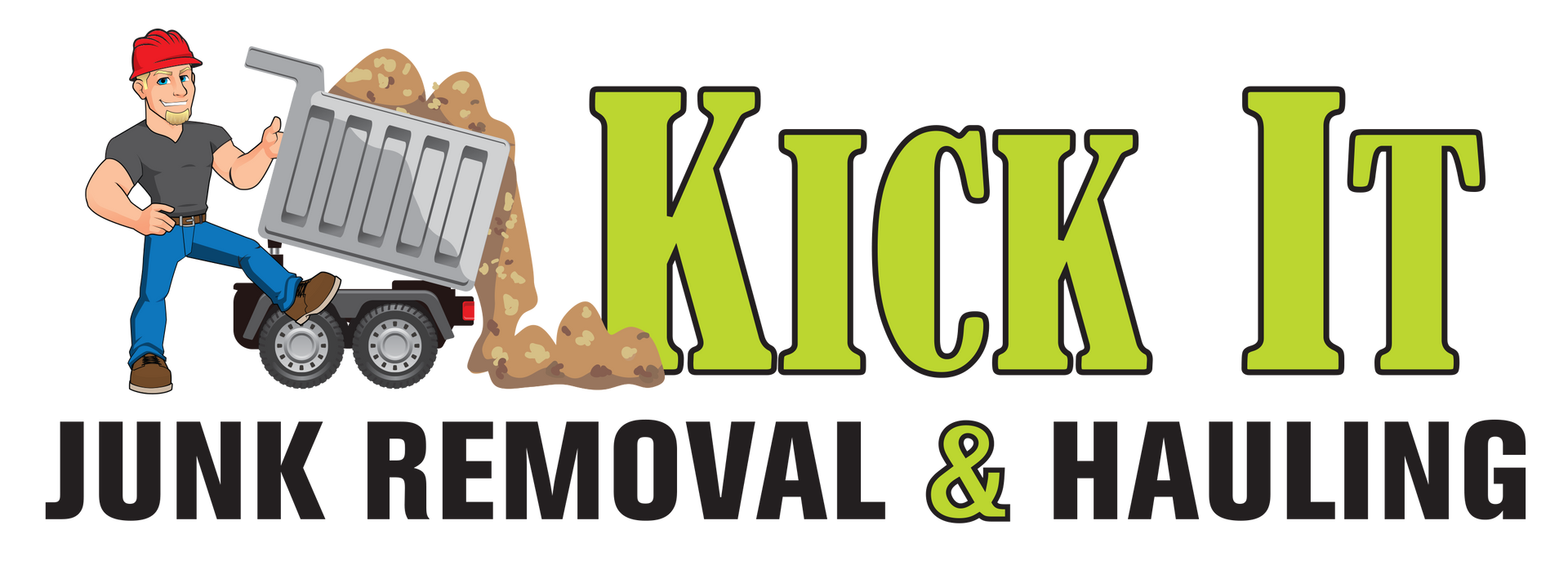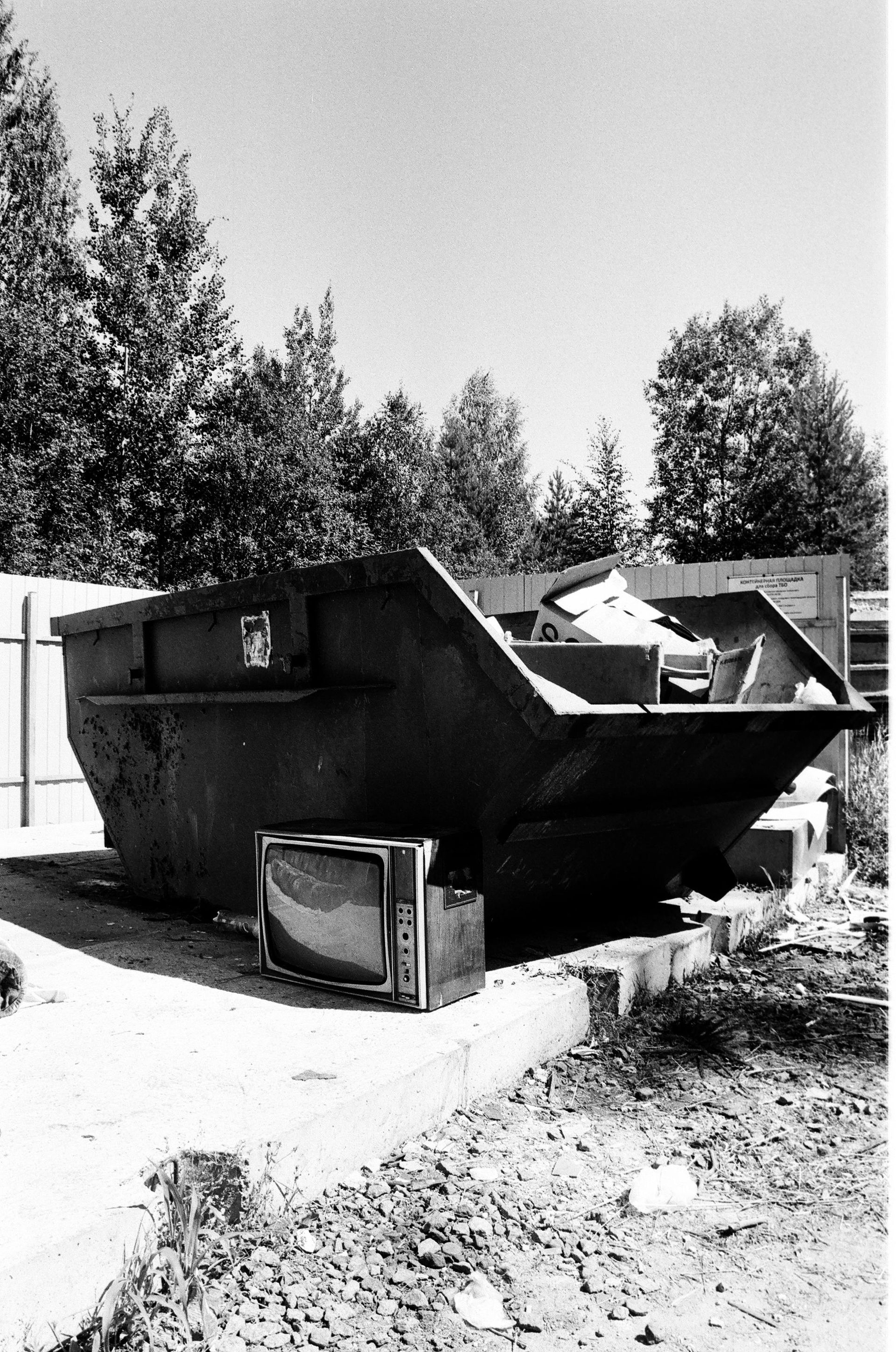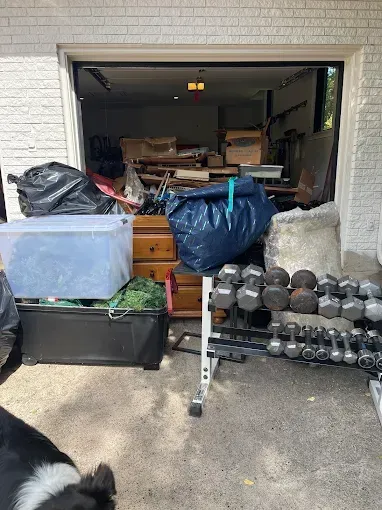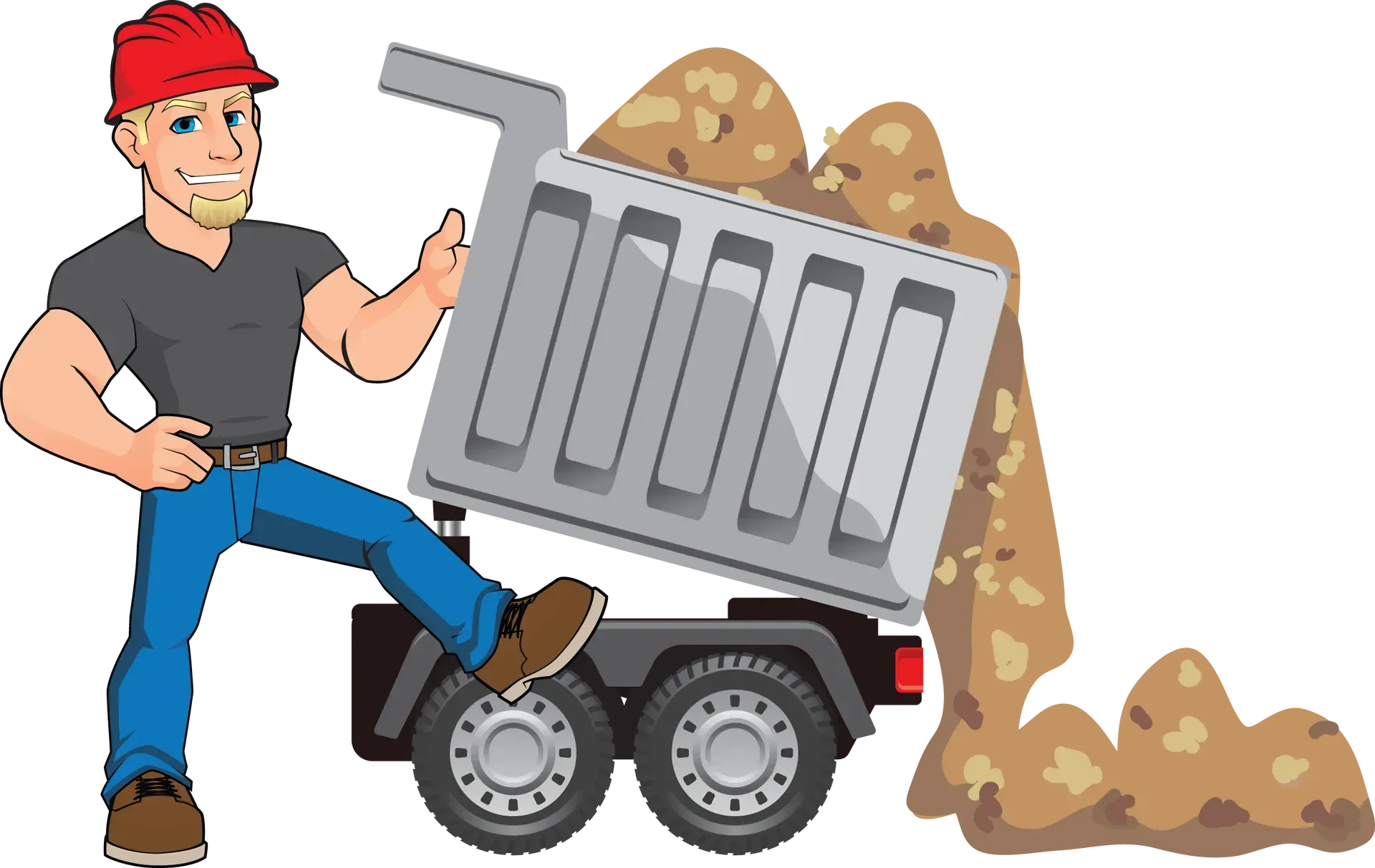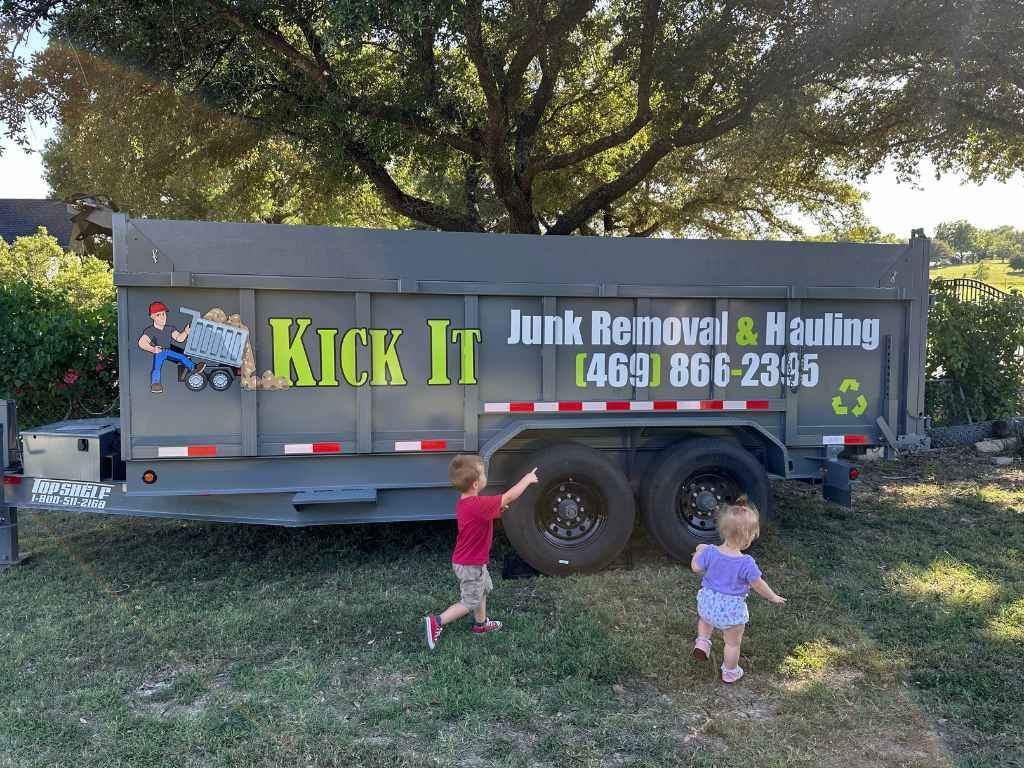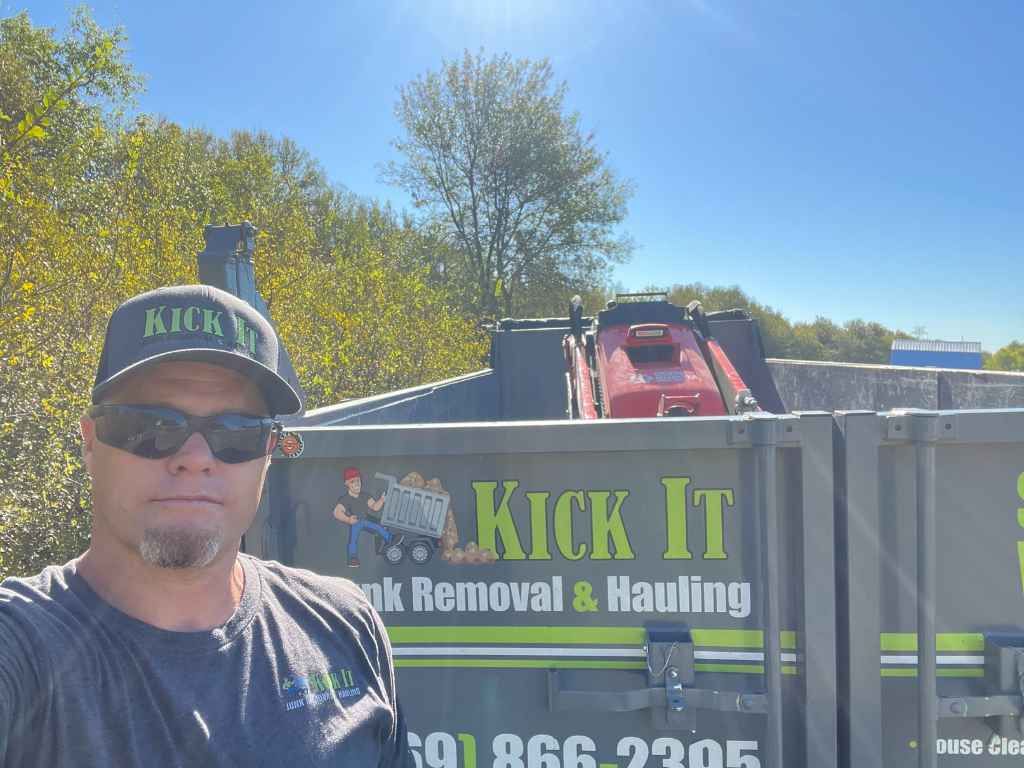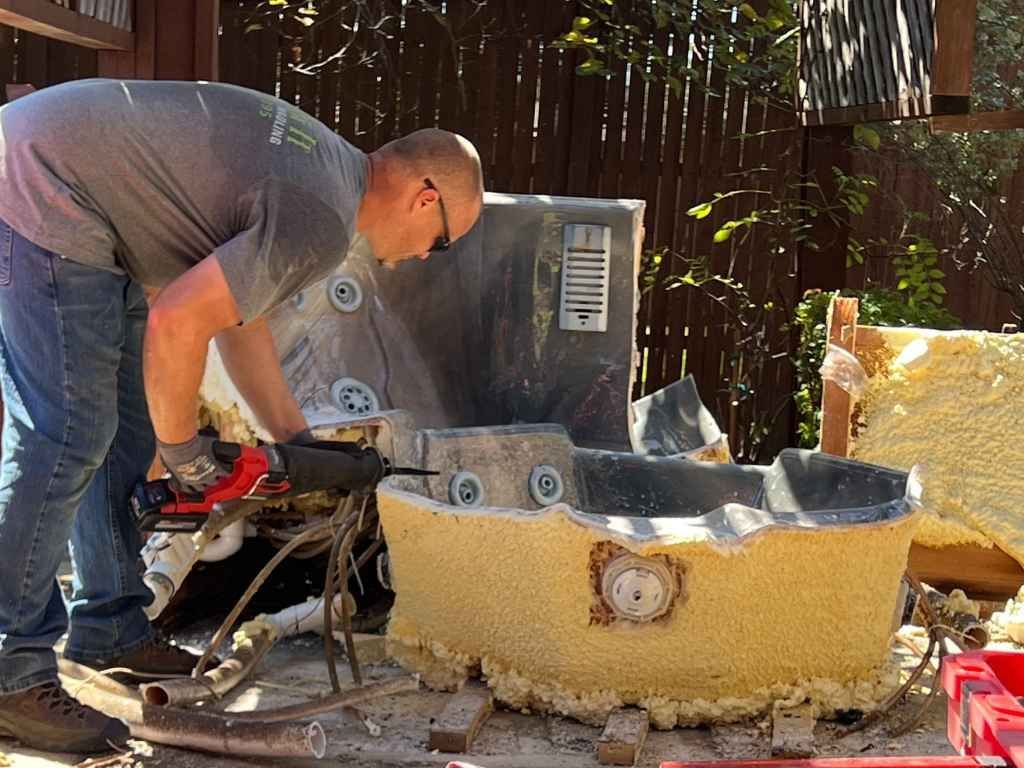How Recycling Metals Reduces the Need for Mining and Conserves Resources
Mining takes a heavy toll on the environment—from the disruption of ecosystems and loss of biodiversity to the enormous consumption of energy and water. Extracting metals like aluminum, steel, and copper often involves destructive processes that scar the land and emit significant amounts of carbon dioxide. However, there’s a smarter, more sustainable solution: recycling.
By reclaiming metal from old appliances, vehicles, construction debris, and other discarded items, we significantly reduce the need for fresh mining. Recycling uses far less energy, generates fewer emissions, and helps preserve valuable natural resources that would otherwise be depleted. It is a win-win for both the planet and future generations.
At Kick It Junk Removal, we take sustainability seriously. When we collect junk, we don’t just throw it away—we sort it. Metals are carefully separated and sent to local recycling facilities where they can be processed and reused. This responsible approach helps cut down on landfill waste while supporting a cleaner, greener future.
How Recycling Metals Can Help Save Our Natural Resources
Recycling metals plays a crucial role in protecting the environment and conserving the Earth’s limited natural resources. The extraction of raw metals such as copper, aluminum, and iron requires intensive mining operations that consume large amounts of energy and water, disrupt ecosystems, and contribute to pollution and habitat loss. By recycling metals, we can significantly reduce the need for these environmentally damaging processes. Reused metals eliminate the demand for new mining, which helps preserve vital natural landscapes and lessens our dependence on non-renewable resources.
Recycling also supports the principles of a circular economy by keeping valuable materials in use for as long as possible. Instead of sending metal waste to landfills, where it can take decades or even centuries to break down, recycling gives it new life. The process involves collecting, sorting, melting, and reforming the metals into new products, which dramatically reduces energy use and greenhouse gas emissions compared to producing metals from raw ore. In short, recycling metals is a practical and impactful way to reduce environmental harm and build a more sustainable future.
The Environmental Benefits of Recycling Metals Over Mining
Mining metals has far-reaching consequences for our environment, including deforestation, habitat destruction, and soil erosion. The process of extracting minerals from the earth often involves significant ecological disruption, leaving lasting impacts on local ecosystems. By recycling metals, we can reduce the need for new mining operations, minimizing these harmful effects and protecting fragile environments. The energy savings and reduced emissions from recycling also make it a more eco-friendly option.
In addition to environmental benefits, metal recycling supports a circular economy by reusing valuable resources. When we recycle metals like aluminum and copper, we decrease the demand for virgin materials and reduce the overall environmental footprint of the manufacturing process. This shift not only curtails the destruction of ecosystems but also helps to preserve biodiversity and reduces pollution. By embracing metal recycling, we take meaningful steps towards a more sustainable world that prioritizes environmental protection.
Why Recycling Metals is Crucial for Sustainable Resource Management
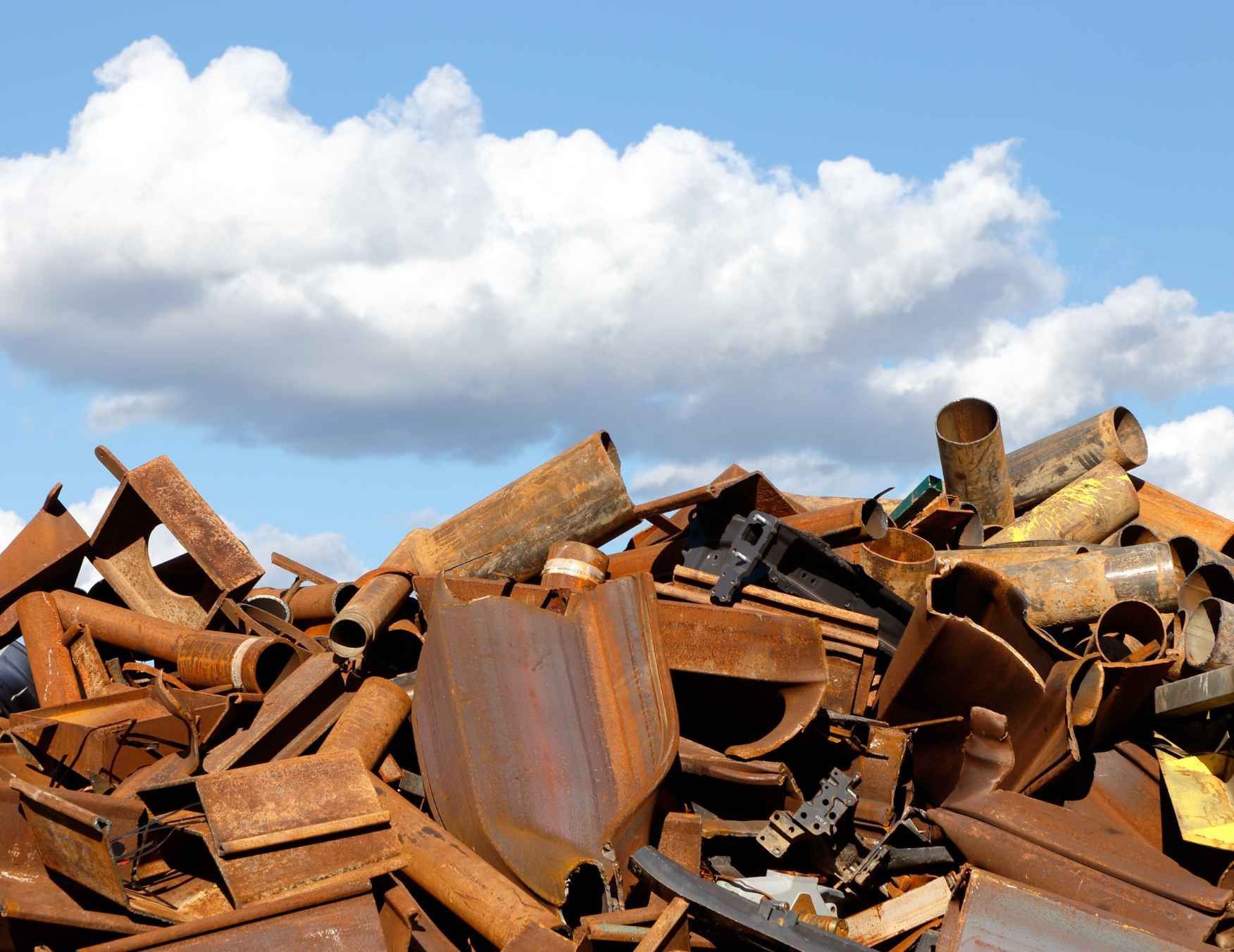
Sustainable resource management is key to preserving our planet’s health for future generations. Recycling metals plays a pivotal role in this strategy, as it reduces the need for raw materials extracted through mining. Mining is resource-intensive, consuming massive amounts of water, energy, and labor, and creating significant waste in the process. By reusing metal, we can bypass much of this damage, conserving the natural environment and reducing the strain on ecosystems. Recycling also ensures a more responsible use of the metals we have, keeping them in circulation longer.
Moreover, recycling metals can significantly reduce the carbon footprint associated with production. Smelting and refining metals from ores require high temperatures, resulting in considerable greenhouse gas emissions. By recycling scrap metal instead of mining and processing new materials, we use less energy and emit fewer pollutants. This energy-efficient process helps conserve both natural resources and energy, promoting a healthier, more sustainable environment for everyone. The future of resource management depends on our ability to recycle and reduce reliance on mining.
How Metal Recycling Reduces Our Dependence on Mining
Recycling metal plays a crucial role in reducing our dependence on mining, a process that depletes natural resources and harms ecosystems. By recycling scrap metal from old cars, appliances, and electronics, we can reuse these valuable materials rather than extracting them from the earth. This shift reduces the environmental toll associated with mining, such as habitat destruction, pollution, and the depletion of non-renewable resources. As a result, metal recycling helps create a more sustainable cycle of production and consumption.
In addition to decreasing the need for mining, metal recycling helps reduce the energy consumption involved in producing new metal products. Mining, refining, and smelting metals require enormous amounts of energy, contributing to carbon emissions and climate change. By recycling metals, we significantly cut down on energy use and greenhouse gas emissions, making the process more environmentally friendly. Recycling not only helps reduce our dependence on mining but also fosters a more sustainable and energy-efficient economy.
The Impact of Metal Recycling on Reducing Environmental Damage
Mining for metals comes with significant environmental consequences, from habitat destruction to increased greenhouse gas emissions. The extraction process often involves extensive land disruption and can lead to soil erosion and contamination of water sources. By recycling metals, we can significantly reduce the need for new mining, curbing these negative environmental impacts. Metal recycling helps conserve valuable natural resources while reducing pollution, making it an essential part of protecting the planet.
Beyond reducing the direct impact of mining, metal recycling also plays a role in lessening the overall environmental footprint of metal production. Recycling metals requires far less energy than mining and processing raw materials, which leads to a decrease in carbon emissions and pollution. This energy savings makes recycling a much more sustainable option, helping mitigate the damaging effects of industrial production. By prioritizing metal recycling, we take steps toward a cleaner, healthier environment and a more sustainable future.
Why Metal Recycling is Key to Protecting the Planet’s Resources
The increasing demand for metals in everything from electronics to construction materials has placed immense stress on the planet. Traditional mining methods not only deplete valuable natural resources but also inflict long-lasting environmental damage. Fortunately, metal recycling offers a powerful and practical solution. By reusing metals that have already been extracted, we can significantly reduce the need for new mining, lower pollution levels, and conserve energy. Embracing metal recycling is not just about waste reduction—it is a forward-thinking strategy for environmental preservation and long-term sustainability.
Reduces Pressure on Natural Resources
- The global demand for metals is rising rapidly, straining finite resources.
- Recycling allows us to reuse what we already have, minimizing dependence on new extraction.
Conserves Essential Materials
- Metals like copper, aluminum, and steel are crucial to modern infrastructure.
Recycling ensures these resources are available for future generations.
Minimizes Environmental Damage
- Mining disrupts ecosystems, pollutes water sources, and scars landscapes.
Recycling reduces the need for new mines, helping preserve nature.
Lowers Energy Consumption
- Producing metal from raw ore is extremely energy-intensive.
Recycling requires significantly less energy, making it more efficient.
Reduces Carbon Emissions
- Less energy used means fewer emissions released into the atmosphere.
- Metal recycling is a key strategy in reducing industrial greenhouse gases.
Encourages Sustainable Living
- Incorporating recycling into everyday habits supports a circular economy.
- It is an easy yet impactful way for individuals and businesses to make a difference.
Understanding the Role of Metal Recycling in Sustainable Development
Sustainable development aims to meet the needs of the present without compromising the ability of future generations to meet their own needs. Metal recycling is a key component of this goal, as it allows us to reuse valuable materials rather than depleting natural resources through mining. The extraction of metals from the earth often causes irreparable damage to ecosystems, whereas recycling reduces the demand for these destructive mining practices. By recycling metal, we help promote a more sustainable model for resource management and reduce the environmental toll of industrial processes.
Furthermore, metal recycling supports economic sustainability by providing a steady supply of materials for manufacturing without the need for new mining. Recycling reduces the costs associated with raw material extraction and helps stabilize prices for metals, benefiting industries and consumers alike. The widespread adoption of metal recycling is essential for building a sustainable future where resources are used efficiently and responsibly, ensuring that we can meet future needs without overburdening the planet.
Conclusion
Recycling metals is more than just a way to reduce waste; it is a vital practice for conserving the resources we all depend on. By recycling, we not only minimize the environmental impact of mining but also ensure that valuable metals remain in circulation for future use. This process reduces energy consumption, lowers greenhouse gas emissions, and helps preserve ecosystems from the destructive effects of mining. Every time you recycle metal, you're contributing to a greener, more sustainable future for the planet.
If you're looking for a reliable partner to help with metal recycling or junk removal, look no further. Kick It Junk Removal & Hauling is committed to providing environmentally-friendly solutions for all your junk removal needs, including recycling metals in an eco-conscious way. Our team is dedicated to making the recycling process as easy and hassle-free as possible. For more information or to schedule a pickup, feel free to reach out. You can contact us at 469-866-2395 or email us at Paul@kickitservices.com. Let's work together to make a positive impact on the environment and reduce the need for mining.
